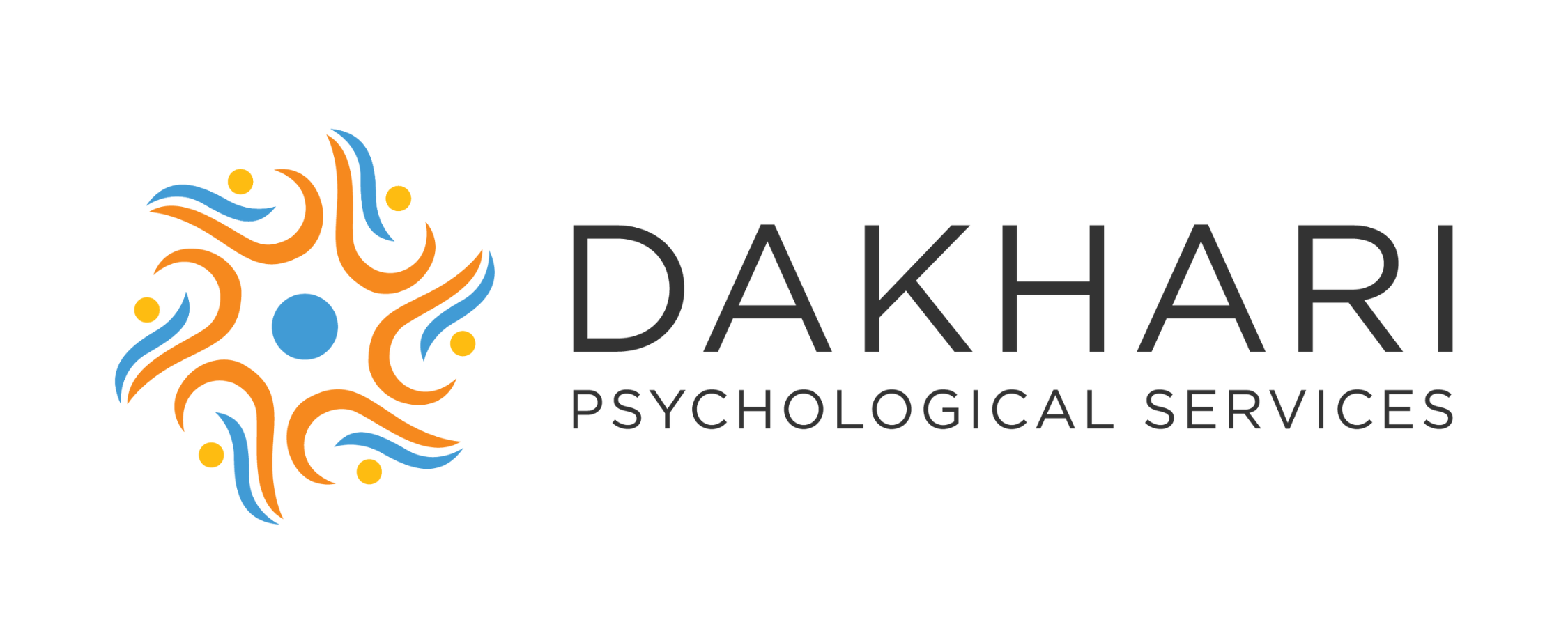Imagine walking on a tight rope, carrying the weight of a stroller, crib, & car seat on your back. You hear babies crying and the echo of societal euphemisms, “this is the happiest time of your life,” “I didn’t know I could love someone so much,” Don’t you just love being a parent?” Through teary eyes and panicked breath, you only see parents lovingly cradling their babies, while you feel weighed down, imprisoned, disconnected, alone, and ashamed.
Unpleasant thoughts, emotions, physical and hormonal factors, internal and external expectations, and the range of identity and lifestyle changes hamper your experience. These factors are often amplified if you had previous loss, fertility challenges, unwanted pregnancy, limited support and resources, current or previous medical or psychological diagnosis and/or identify as a Black or Indigenous person of color.
If this sounds like you, you may be the 1 in 5 women, or 1 in 10 men that have a Perinatal Mood and Anxiety Disorder (PMADs). These can include Perinatal Depression, Anxiety, PTSD, OCD, Bipolar Disorder, and Psychosis—and can happen before, during, or after the pregnancy/adoption process. To find out more about each one of these, visit: www.postpartum.net.
Oftentimes the response is to suffer alone because the over-arching fear is that there is something wrong with you. However, knowing that you are not alone, that there are resources out there for support, and taking concrete action steps can help move you from where you are to where you want to be.

Appropriate self-care, finding ways to maintain your sense of self beyond the identity of a parent, and self-compassion are important factors in recovery. While these can feel hard to come by, as a new parent, it is not impossible—and these skills can be learned and internal and external resources acquired. For example, sleep in shifts; have a night nanny; modify your expectations of yourself; meal prep on the weekends, get a meal prep subscription; have a friend or family member cook meals for you; go out for walks with your baby, other parents; meditation; medication; breaking your goals into small steps.
The most important factor to recovery is building your community and getting appropriate support. As a psychologist, who is passionate about helping the perinatal population—from trying to conceive, to postpartum and everywhere in between–I can be a part of your support system. Together we can build greater self-compassion, self-care, and guide you to be your most fulfilled self—as a parent and beyond!
If you or a loved one is interested in learning strategies to improve your mental health and wellbeing, please don’t hesitate to reach out to our practice. We’d love to meet with you.







